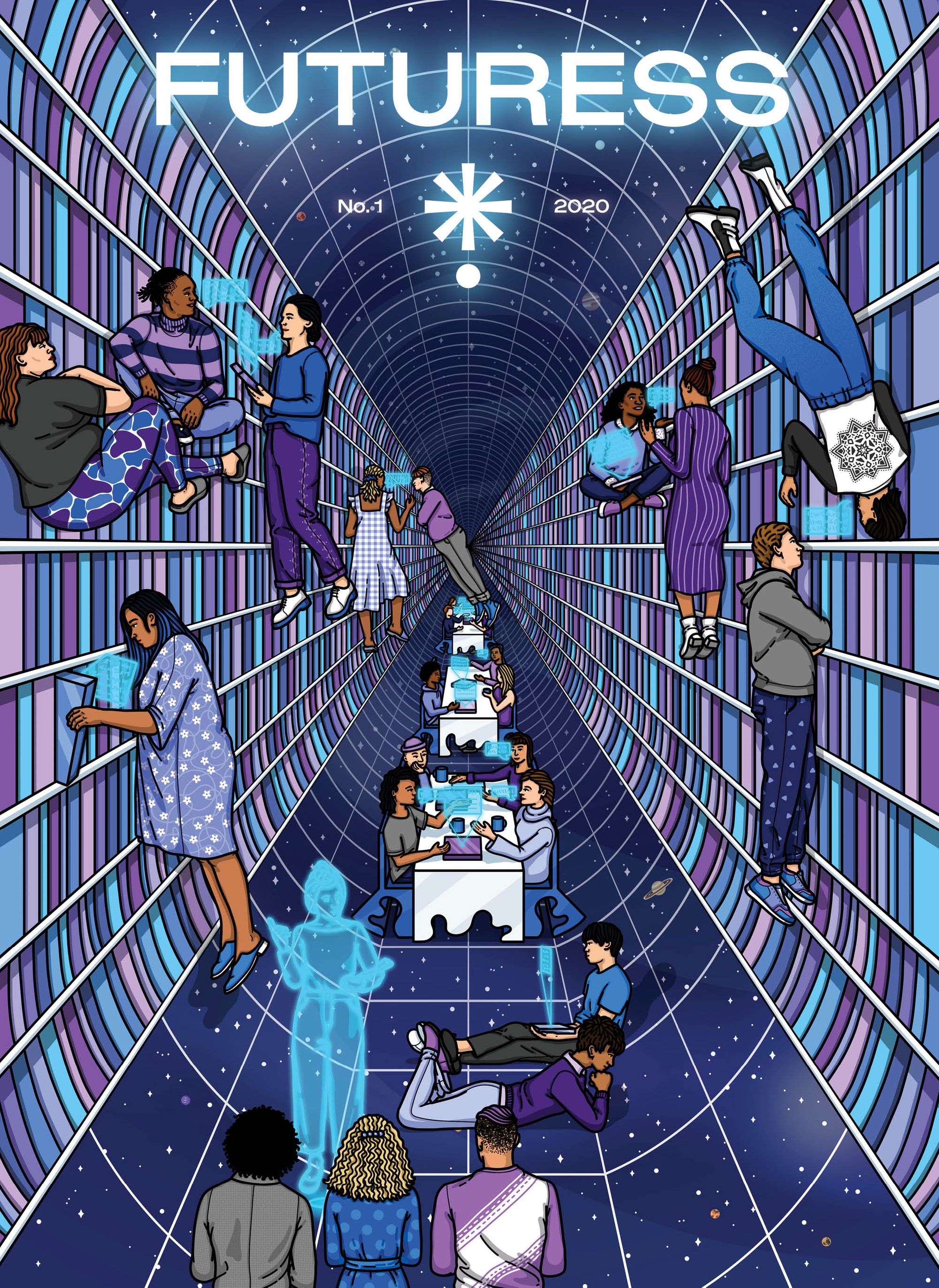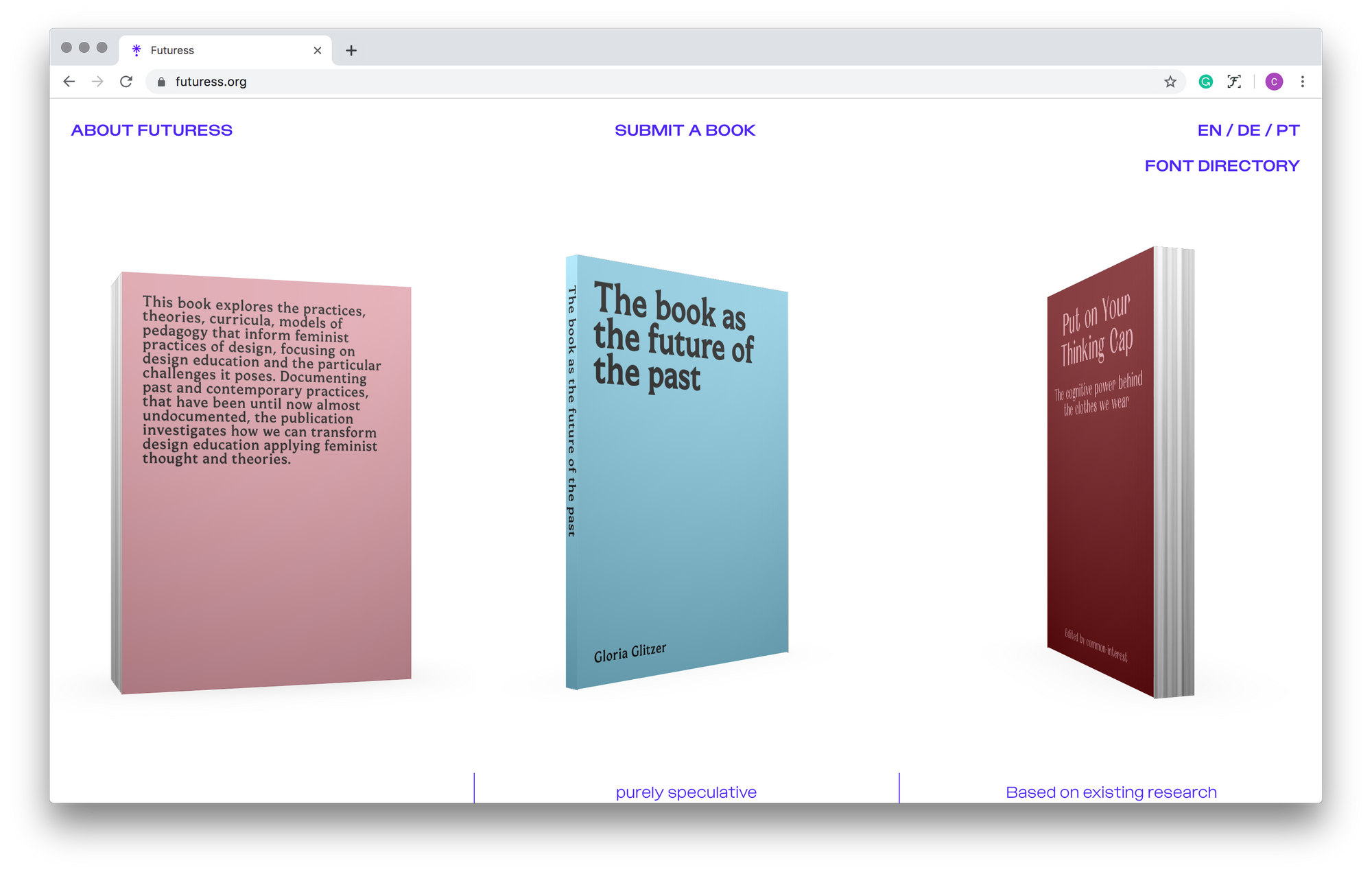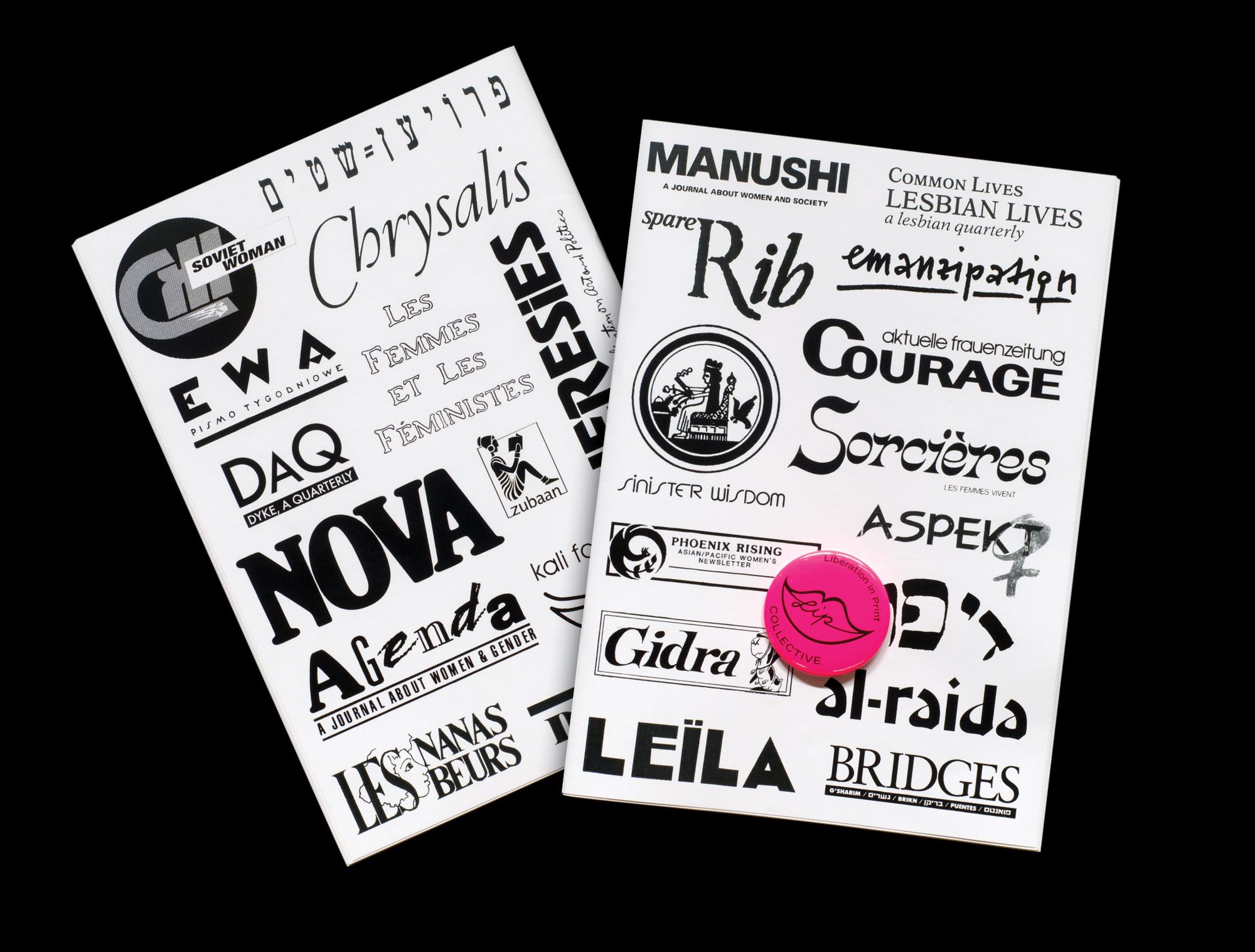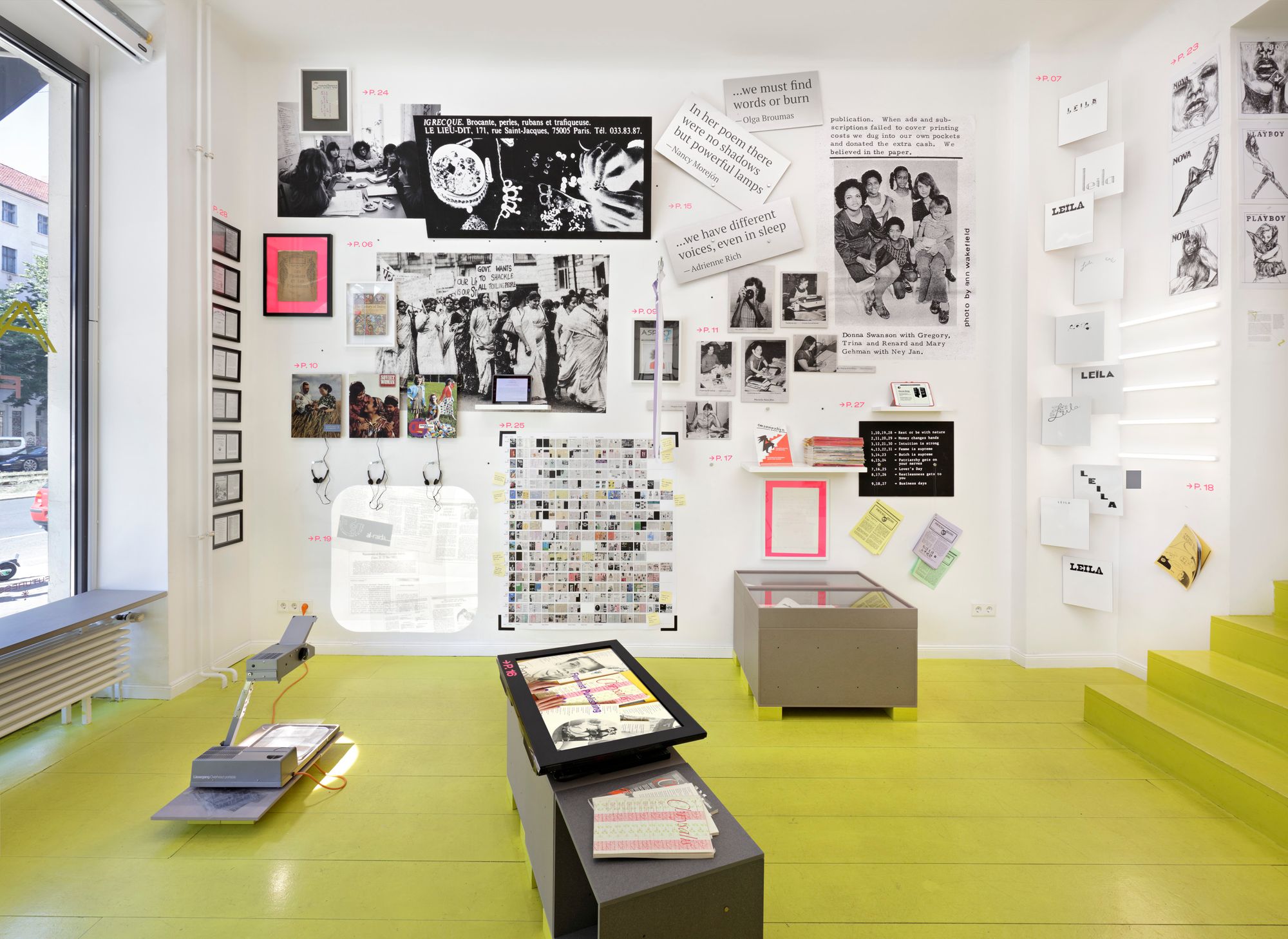
Dear Reader,
Imagine an infinite library. Title after title extends out towards a vanishing point, each one multiplying to form a continuous stream of knowledges, each grounded by all the histories of struggle, all of the strategies of resistance, that have come before. There is no ceiling here, no floors, only windows looking out to a vast, wide-open universe. A spiralling tube connects individuals in disparate places on the planet—designers, researchers, journalists, activists, and more, all of them asking difficult questions. This is a room for making brighter and more just futures imaginable. And this expansive, activating, and active library is our vision for Futuress.
“Knowledge sets us free, art sets us free. A great library is freedom…” the science fiction writer Ursula Le Guin once wrote “and that freedom must not be compromised. It must be available to all who need it, when they need it, and that’s always.” Many of us know that there are too many missing books, too many missing stories, too many missing perspectives that never make it into the libraries, textbooks, magazines, and newspapers of our world. And this is particularly true for design. Together as Futuress, we want to counter this by critically examining the designs that shape our lives, and we seek to elevate the perspectives most often neglected. We hope to carve out this platform in the form of an ever-growing queer, intersectional, feminist magazine and community space for design politics.

When Futuress started its life, it already looked to the library as a guiding image. It was originally conceived as a speculative project for a series of design exhibitions in 2019, appearing as an online platform that collected design books that were “yet to be written.” Yet to be written, but which should very much be written. Everyone and anyone could upload ideas for missing design stories onto the website, which would then materialize as floating books on the screen. But there were no pages in these books, no stories being told—just the title of an idea, an idea which had no support—or publisher—to become a reality. We soon asked ourselves, how could we transform Futuress from purely speculative into an actual publishing endeavor?

To make a plan, we first looked for guidance from the past, diving into histories of feminist and radical publishing. When COVID-19 began to spread around the globe, our mission became even more urgent, as we witnessed and experienced the pandemic’s effects on the publishing and research of historically marginalized communities. During this difficult time, our inquiry into feminist publishing past became a collective endeavor: we began leading a remote workshop called the L.i.P. Collective—short for Liberation in Print. Over six subsequent weeks, 23 participants came together digitally during lock-down to collaboratively uncover little-known stories around feminist print periodicals. Each member of the collective wrote an article about their discoveries, which we published as a zine called Feminist Findings. This experience made us wonder: Could we combine collective learning with publishing as a model for Futuress?


This is how Futuress shapeshifted into its current form, a hybrid between an online magazine and a community space for design research and writing. We publish stories, and we also organize remote workshops. Through this, we want to create a space for transnational solidarity, build bridges with others who are problematizing the role of design, challenge power and privilege, and writing design histories otherwise. Our second workshop, the Troublemakers Class of 2020, is currently already underway, bringing together 50 participants from five continents in research projects centered around the politics of design.
At Futuress, when a workshop ends, we’re excited to publish the work of participants on our site. And so, over the next months, you’ll be reading the work of the L.i.P. Collective every week. Today, we begin with artist Sophia Yuet See’s article on their search for a queer Asian-American newsletter from the 1980s, and type designer Naïma Ben Ayed’s examination of the header of Leïla, the first periodical centered on the Tunisian women’s emancipation. You’ll also read designer Mariachiara De Leo’s story on New Orleans’ first—and only—feminist newspaper Distaff; her piece is a cautionary tale for anyone setting up a feminist publishing practice. From next week onwards, we’ll be publishing new stories every week—texts produced during workshops, and also original commissions.
We’re launching today, on International Trans Day of Remembrance as well as Black Awareness Day in Brazil, with a piece by Brazilian trans activist Bruna Benevides, which highlights the importance of designing our own timelines of history. We chose this date to set our website live as it symbolically represents the intersection of different activist causes that are dear to Futuress, as well as our community. “Without community, there’s no liberation,” writer and civil rights activist Audre Lorde once said. But community, for Lorde, did not “mean a shedding of our differences, nor the pathetic pretense that these differences do not exist.” And so the three co-founders of Futuress are three very different humans. The non-binary trans journalist Corin Gisel sees writing as a tool to inform people about important issues and inequalities in our world, and as a way to come to terms with navigating those inequalities. Editor and writer Madeleine Morley brings her experience with neurodivergence and precarity to supporting writers and seeking alternative, sustainable structures for freelance work. The nonconformist Latina design researcher and curator Nina Paim seeks to transmute her daily immigrant anger into care practices of making space. Together, we bring our varied perspectives and experiences to our magazine and community. But Futuress is far from being only the three of us; already it’s a community of at least 100 contributors, including workshop participants, lecturers, journalists, writers, illustrators, type designers, and more.
The work we’ve done so far wouldn't be possible without all of those who supported us from the beginning, who first encouraged us to imagine futures for Futuress, as well as those who endorsed our vision and helped us to secure our first grants to get us off the ground. We also thank the writers, workshop participants, our close colleagues, and mentors who all shared their expertise with us, as well as everyone who keeps bringing important issues to our attention. Finally, our deepest gratitude goes to our closest friends and family for their unwavering support.
Telling stories matters. What we read, see, and hear in the media matters. It is through holding those in power accountable and through the representation of struggles, opinions, viewpoints, experiences, and successes of those who stand up to structural inequalities that change can happen on a bigger scale. One story can inspire questions. Many stories can make a movement. We are only getting started.
Love,
Futuress
















